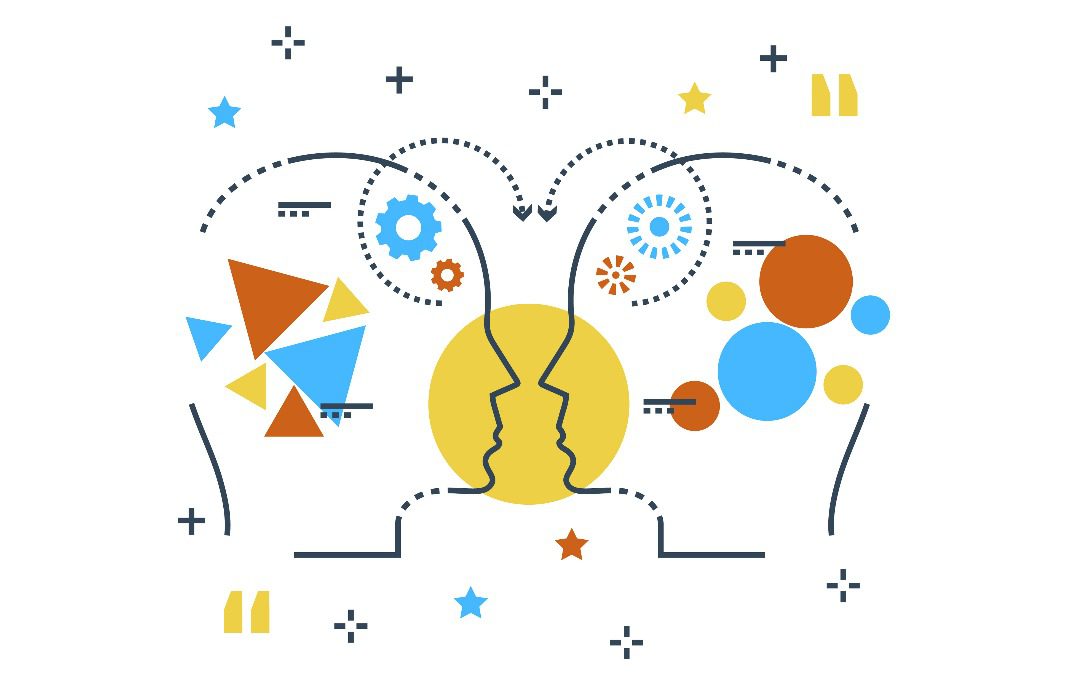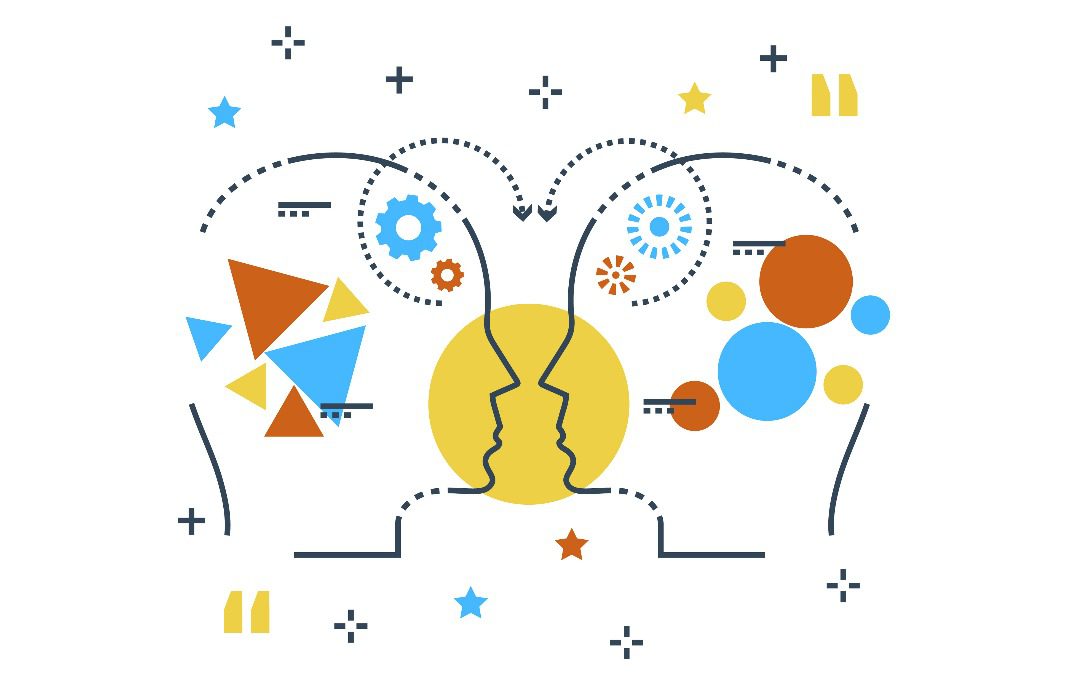 It’s January, which means, at least traditionally, that it’s time for resolutions. If history is any guide, many of us already have made promises for the coming year—exercise more, eat less, meditate daily—and there may even be a few we haven’t given up on yet.
It’s January, which means, at least traditionally, that it’s time for resolutions. If history is any guide, many of us already have made promises for the coming year—exercise more, eat less, meditate daily—and there may even be a few we haven’t given up on yet.
As the new year begins, I would like to challenge my fellow corporate leaders to a new resolution, a commitment to something that has the potential to transform culture, increase retention and boost sales: building empathy.
I know—that sounds soft, squishy. But it isn’t. As any leader knows, culture is the lifeblood, the nucleus, the compass that points our organization in a singular direction and inspires us to row together. We can have the shiniest technology, award-winning ad campaigns and even the best talent, but without a culture built, at least in part, on empathy, none of those advantages will yield value for any of our stakeholders.
We also know our companies don’t exist in a vacuum. They thrive only within the larger community and, as such, are plagued by whatever ails us as a society. Right now, our country is suffering from an epic lack of empathy. We seem to have lost the ability to imagine walking in our neighbor’s shoes. The other has become The Other, and we don’t feel their pain or seek to understand their experiences. We’ve become obsessed with the “I,” not the “we.” And we don’t seem to understand that if I’m obsessed with the “I,” I’ll never be able to understand how the other person feels because it doesn’t really matter to me. I will be able to act in ways that are contrary to civility and respect because I’m not thinking about how I would feel if that were done to me.
That lack of empathy is not only driving wedges between citizens; it’s building walls between our employees. Perhaps some of you witnessed that animus between employees over political candidates during the last election; I know I did. That kind of division is something our companies can’t afford, particularly at a time when we face so many other challenges—the ongoing pain of the pandemic, the global recession, the need to transform digitally, and quickly, lest we become the latest victim of disruption. We need unity within our corporate communities, not only to cope with the challenges we can see, but to anticipate the dangers that have yet to reveal themselves.
If we’re successful in exercising and building up our collective empathy muscle, we also won’t be so reliant upon regulation and legislation to create equitable playing fields within our companies. Because the truth is, nearly all discrimination—racism, sexism, ageism, etc.—stems from a lack of empathy. You can train people until you turn blue around accommodations and respect, but they won’t truly get it until they start seeing life from that person’s perspective.
I’ll share a candid story of my own: When I first read the Americans with Disabilities Act and saw the language about making reasonable accommodations for the disabled, my first thought was about how expensive and complicated compliance was going to be. I saw it as an obstacle. If my empathy muscle had been stronger, I would have seen it through the lens not of compliance but of helping a fellow human being who has to deal daily with blindness or deafness or immobility. If I had seen it from that perspective, I would have embraced this legal requirement vs. doing it because I’m trying to keep myself out of court or off the front page of a newspaper.
Yes, we need laws, but laws only establish a bare minimum requirement; you do what you have to do to comply with the law to avoid negative consequences for yourself. We’ve thought for years that passing more laws was the answer to discrimination and bias. But if laws were the answer, the #MeToo movement, for one recent example, would not have been necessary. Indeed, the lion’s share of our workplace problems would have been solved long ago.
But they haven’t. So, I suggest that we resolve to make it a priority to build up empathy within our company walls, to make it a central building block of our culture. Here are three exercises to achieve that goal:
1. Announce it. As leaders, we make a lot of statements to employees about our key goals: about how we’re responding to Covid-19; how we’re addressing new competitors in the market; how we plan to grow sales by 10 percent. Similarly, we need to make a clear, unequivocal statement to employees about how important this will be to the company—and that 2021 is the year to do it.
If we’re bold enough to make that statement, to give it that level of gravitas, what a difference it will make for the company as a whole. Every single one of us will be better producers working in an environment where empathy is alive and real, where employees listen to one another’s ideas, where they are encouraged to understand other points of view.
Keep in mind that it’s not enough to model the behavior. That’s important, no question—but alone, it won’t lead to it permeating the organization. As a CEO, I can model appropriate workplace behavior, but that won’t stop sexual harassment; I have to be explicit about which kinds of behavior are acceptable. In this case, I have to be very clear that I’m looking to see examples of empathy between colleagues, whether on the same level or from manager to subordinate.
2. Reward it. Those of us who are parents know that our children learn from positive reinforcement. We can punish them for bad behavior, and that may prevent it in the short term, but we won’t build up positive, constructive behaviors in our children if we don’t reward them when we see those behaviors show up.
The same is true for employees. As I’ve told my management team, the best way to get good behavior to take root is to reward it when you see it manifest. That means, rather than relying on the stick, focus on the carrot. Give your managers the freedom to be able to recognize people who display empathy. When they see someone who, during a meeting, exercises that empathy toward a colleague or a customer, reward them with, for example, a gift card for dinner for two. It’s cheap, but believe me, it’s meaningful.
Similarly, reward them when they come up with an idea that accommodates customers who are less able. For example, it took Covid for us to make it a priority to allow people to drive up and have their food brought out to them. Why wasn’t that always standard practice to make that service available for disabled customers? It should have been—and it’s the kind of change that helps a business differentiate from competitors. Yes, it’s good for employees and good for mankind—but it really is good for business. So, by all means, have laws on the books that discourage bad behavior, but proactively reward people who are innovating through empathy.
3) Get creative. As leaders, we have to find ways to bring our employees together, to create the fertile soil that enables empathy to grow. At my company, I noticed that people have a tendency, as they do generally, to spend free time at work with people they know, with their likeminded friends. But I know that getting to know somebody is the best way to develop empathy for their viewpoint. So I bought a bunch of $25 gift cards, and I told employees, “If you take someone new to lunch, someone you think you don’t have anything in common with, I’ll pay for it.”
That is an exercise that pays dividends like you can’t imagine. It builds esprit de corps, it builds morale, it builds respect. It creates that culture of inclusion that we all find so elusive. Companies that seek to be philanthropic usually focus externally. They write checks to nonprofits and pen platitude-filled statements. But I would submit, instead of giving $1 million to an outside charity, give $750,000 and save the rest for growing empathy in-house. Find tactical, simple ways to start helping people build this muscle—if you want people to take it seriously, invest real dollars in it. It’s the same as with wellness—if I really care about my employees getting fit and healthy, I might subsidize their gym membership or pay for it outright because that would be a statement of my intention. The same is true here.
Fact is, the empathy deficit is real—and it’s harming our ability to compete, both nationally and globally. But if we focus our energies on building that muscle, on growing the empathy inside our walls, we can give ourselves a much-needed competitive edge that, especially in today’s climate, can make all the difference to both our short-term profitability and our long-term sustainability. As leaders, let’s make it a top priority to achieve new levels of empathy, kindness and respect. Our companies—and our country—desperately need it.








